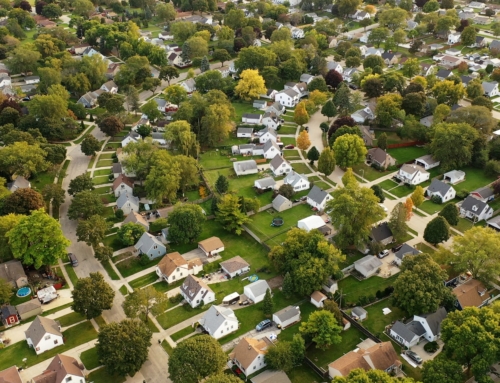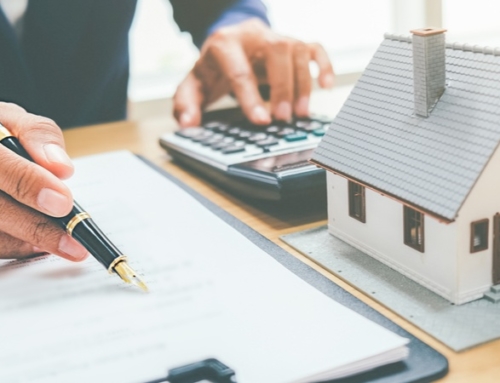Q: I’m seriously considering paying off my mortgage. I’ve read several articles both pro and con, including a reply you wrote to someone with the same question.
My situation may be a no-brainer, but I just want to be sure.
I’m 50 years old, unmarried with no dependents. I bought my house in 1993 for $63,000. My interest rate is 6.25 percent and I have a balance of $19,500.
My annual income is under $25,000 a year. I don’t see it increasing much in the future. I still manage to save. I rarely have enough deductions to itemize on my federal income tax return. Therefore, I don’t benefit much from the home mortgage interest deduction.
I’ve been pre-paying principal $100 monthly for about the past 6 years. I have enough cash on hand to pay off the balance and still have some cash left over.
Still, I hesitate to just go ahead and pay off the loan. Should I use my cash to invest in more real estate, which would increase my mortgage deduction (as well as my debt burden, of course)? I know I could invest the cash in other investment vehicles, but I’m very cynical about the stock market. What’s your take?
A: First, congratulations on doing such a remarkable job of saving and building a solid net worth on less than $25,000 per year.
Your question is a good one. The primary reason people tend to pay off mortgages is to preserve cash flow. In other words, they need to free up more cash each month, and paying off the mortgage is a way to do it.
Another reason to pay off your loan is that your cash will earn a whole lot more than just sitting in a bank earning 1 or 2 percent interest. Why? Your interest rate is 6.25 percent. When you pay off the loan, your cash will actually earn your net rate of interest. Because you don’t itemize, each dollar earns 6.25 percent when you prepay your mortgage.
Once you pay off your balance, you will be able to rebuild your savings quickly by banking your mortgage payment (plus the $100 extra) each month.
On the other hand, some financial advisors would advise you not to pay off your mortgage because the interest rate is pretty low. Instead, they’d advise you to invest it in either stocks or real estate. The trick is, you’ll have to find an investment that is earning in excess of 8 percent per year in order to get the same post-tax bang for your buck as prepaying your mortgage.
f you decide to invest in real estate, you’ll want to find someplace relatively close by for your first property. Look for something you can fix up on your own, easily rent out, and that hopefully with appreciate in the future.
Investing in real estate now is kind of tricky in many areas because of the steep appreciation over the past 15 years. That could change in some areas, which would work to your advantage. If your neighbor is having financial trouble, for example, you may be able to buy his or her house for a little cash and take over the payments.
Published: Jul 15, 2006






Leave A Comment